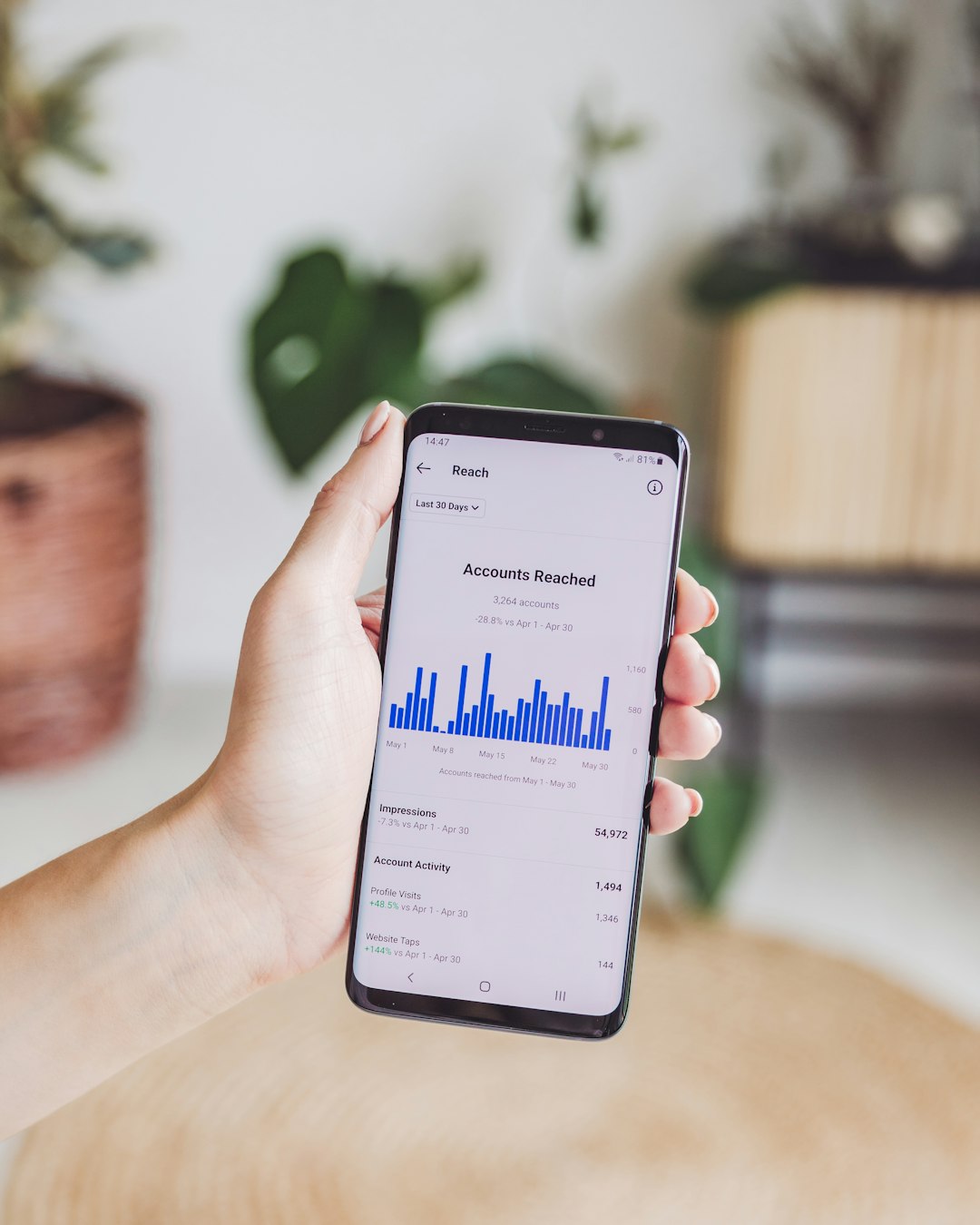The integration of AI-powered automated calling technologies in New York City has transformed legal communication, allowing lawyers to streamline outreach and manage contact lists while navigating complex regulations like TCPA. An autodialer lawyer in NYC is crucial for businesses adopting these systems, ensuring compliance with privacy laws and do-not-call lists to avoid penalties and maintain consumer trust. As NYC becomes a hub for automated calling innovation, these experts help companies balance automation with privacy rights, shaping the future of this game-changing technology ethically and sustainably.
“Unveiling the future of automated calling practices in New York City, this comprehensive guide explores the rise of cutting-edge technologies and their impact on the city’s dynamic landscape. With the widespread adoption of autodialers, we delve into the legal considerations and ethical dilemmas that shape this evolving industry. From navigating consumer protection laws to ensuring compliance, discover how New York’s legal framework is adapting to accommodate automated calling practices. Stay ahead with insights from leading autodialer lawyers in NYC.”
The Rise of Automated Calling Technologies in NYC

In recent years, the landscape of communication in New York City has seen a significant shift with the rise of automated calling technologies. With advancements in artificial intelligence and machine learning, autodialer systems have become increasingly sophisticated, allowing businesses to reach vast audiences efficiently. This trend is particularly notable among legal firms seeking to expand their client base. An autodialer lawyer in New York can leverage these technologies to automate various aspects of outreach, from making calls to sending personalized text messages.
The adoption of automated calling practices offers numerous benefits for legal professionals. It enables them to manage extensive contact lists, ensuring that potential clients receive timely information about their services. Moreover, these systems can be tailored to comply with local regulations, such as those regarding telemarketing and consumer privacy, making it easier for lawyers to navigate the complex environment of legal communication in NYC.
Legal Considerations for Autodialer Usage

The widespread adoption of automated calling practices, facilitated by autodialers, raises significant legal considerations in New York City. With stringent privacy laws, such as those enforced by the Telephone Consumer Protection Act (TCPA), using an autodialer for mass calls requires careful navigation. Engaging an autodialer lawyer in New York is crucial to ensure compliance with these regulations, which aim to protect consumers from unwanted and intrusive phone calls.
Businesses employing automated calling systems must be cognizant of consent mechanisms, do-not-call lists, and the specific rules governing prerecorded messages. An autodialer lawyer can guide companies on obtaining proper authorization, managing consumer opt-out requests, and crafting legal language for call scripts, thereby avoiding costly fines and reputational damage.
Shaping the Future: Ethical and Regulatory Outlook

As automated calling practices continue to evolve, shaping a future where technology and compliance merge, New York City finds itself at the forefront of this digital revolution. With an increasing number of businesses adopting autodialers for marketing and customer engagement, the ethical and regulatory landscape is undergoing significant transformations. An autodialer lawyer in New York plays a pivotal role in navigating these changes, ensuring that companies adhere to stringent consumer protection laws while leveraging the benefits of automation.
The future of automated calling rests on striking a delicate balance between innovation and privacy rights. Regulators are actively refining rules to accommodate advancements in technology while safeguarding consumers from unwanted or misleading calls. An autodialer lawyer in NYC helps businesses stay ahead of these regulatory shifts, offering strategic guidance to mitigate risks associated with autodialing practices. This proactive approach ensures that companies can continue to use automated calling effectively and ethically, fostering a sustainable future for this game-changing technology.






